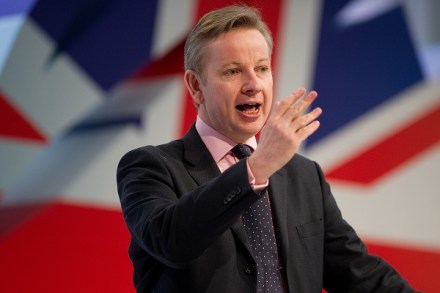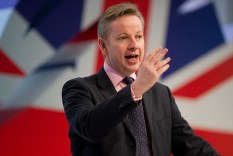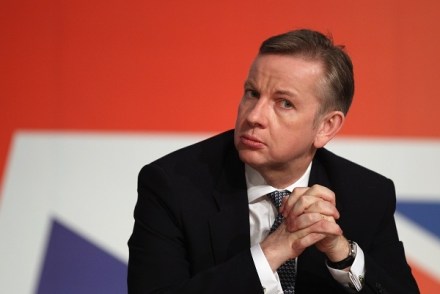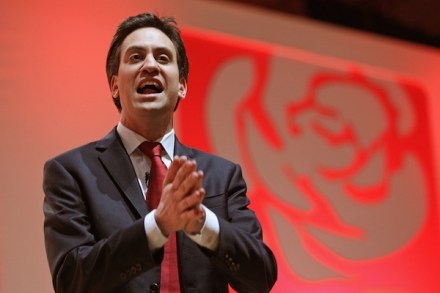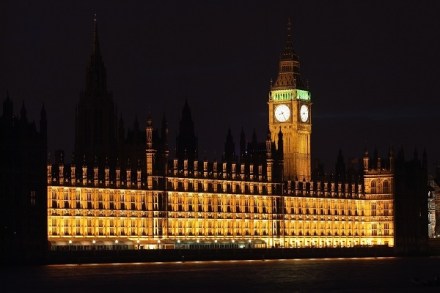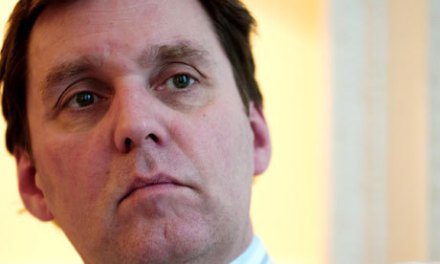LA gangs, Arab feminists, and learning Classics
‘There are more people teaching Ancient Greek in China than there are in Britain,’ declares Professor Edith Hall from the distinctively academic chaos of her study at King’s College, London. ‘Now you can either wring your hands about this, or do what I intend to, and go and talk to them! At the Zhejiang University [one of China’s C9 universities, their Ivy league] they’re translating Greek philosophy — Plato and Aristotle. They’re also looking at ancient Athens with a view to instituting a big discussion about democracy. This is the next frontier for Western classics.’ Professor Hall is in a particularly strong position to appreciate the irony that while



